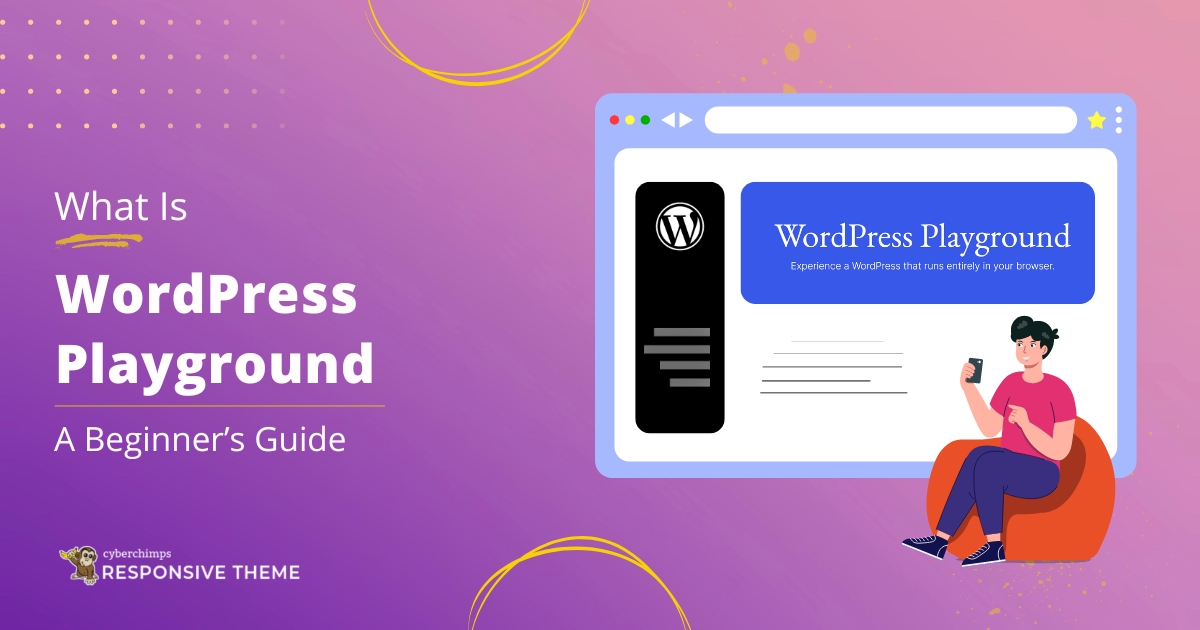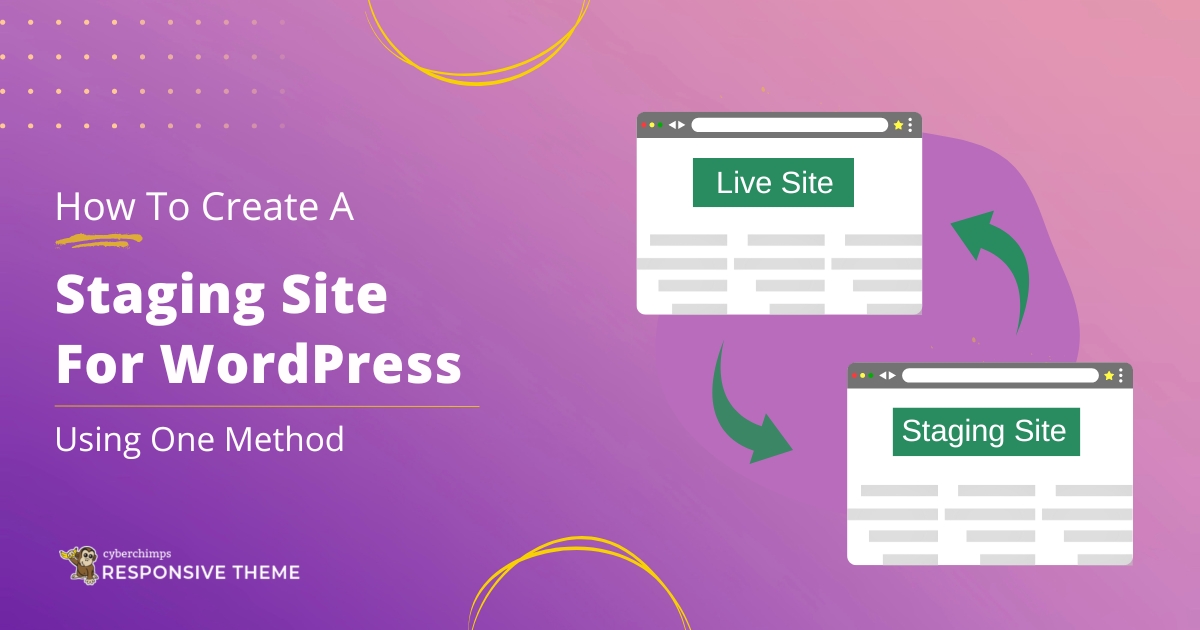
The aim of creating a website is simply to reach out to the maximum audience possible. There is simply no other medium that has so much of reach, and in such quick time. Just imagine, Worldwide, there are around 3.5 billion searches on Google daily. That’s a whopping 100 billion searches a month. And of course, there are other search engines like Bing and Yahoo too.
What is SEO (Search Engine Optimization)?
So how do you get a piece of this cake that is on offer? The simple answer is good SEO (Search Engine Optimization). All search engines continuously strive to provide users with the best search results out of those that are available. They do this through the processes of crawling and indexing, thereby determining which are the most relevant links for any particular search term. They find pages and store them in their massive database, which is later recalled when related terms are searched for by users on the world wide web. In simple terms, search engines are just answer machines.
You just have to find a way in which you can optimize your page/website in such a way that it climbs to the upper end of the ladder. In other words, get the best position possible in a SERP (Search Engine Result Page). One thing to keep in mind though is, your content should be for people, and not robots. After What is SEO now let’s find out how does it Work.
So How Does SEO Work?
The first thing to keep in mind is that it involves some hard work. SEO is the art of using relevant keyword phrases in your content to show the search engines that your blog is better and more relevant that the competition out there.
Though, this is not the only thing involved. Because search engines have complicated algorithms, and they never reveal secrets on how to attract more traffic. What a webmaster needs to do is optimize the pages and website using some best practices. Here’s a step-by-step guide that will help you do the best SEO for your website.
How do you do SEO for a website?
As mentioned earlier, search engines do not reveal how one can get top rankings, for obvious reasons. But, following these search engine optimization techniques is what you can do to get the best results for your webpages.
Choosing the Correct Domain Name
This is especially important when you have a particular target audience in mind. Concentrate on pages in the website late. First, use the main keyword in your domain name that is wide and portrays your website in the best way possible. For example, if your website is about dog food, try to include a word like ‘dog treats’ or ‘doggy meal’ in your domain name. Another example, if your blog is about science projects, something like ‘science class’ or the like would suit it fine. Even other websites will tend to link more to you with such words in the name of your website.
Designing Your Website
Create and build your website in such a way that besides being pleasant to view, the overall theme matches with your industry. The website should be easy to navigate around, once a user lands there. If your blog caters to kids, make it look like a colorful and fun place to be at. If it is related to the corporate industry, it should have a real neat and professional look.
Write Quality Content
Here, it is important to remember that you need to write quality content, no two ways about this. Keep your potential users in mind when generating content. It should be all about what a user would want to see when he/she keys in a particular search term. If you concentrate on writing for your users, rather than for search engines, you’re good to go. Lastly, make sure your content is error-free. However authentic a page’s content might be, if it is filled with spelling, language, and grammatical errors, it comes across to users as poor quality, and then even the authenticity of the content comes into doubt.
Using Appropriate Keywords Wisely
Keywords are simply terms and phrases that you would expect users to search for and land up on your website pages. Separating your pages and making them cater to different specific search queries would be a good idea. Use important keywords in the page title and headings. Spread out all relevant keywords across the page, doing it in the natural flow. Never overuse keywords (keyword stuffing) and make the page spammy; this will invite search engine penalties.
Linking Pages
You can even start using both, IntraLinks and external links. Intralinks are those that take you to a specific part on the existing page or even those that link to another relevant page on your website. Also, linking to an external website that is of repute is not a bad idea, if not overdone.
Back Linking
This has to be done with real care. Register on directories like Yahoo or DMOZ. You can write stuff there and link back to your website. You can ask friends or contacts to link back to your pages, and even sponsor other sites in a way that they start linking back to you.
Using Meta Tags
Meta tags are pieces of text that describe the content of a web page. These don’t appear on the page but are simply present in the code of the page. Meta tags tell that search engines what the page is all about.
Publicizing Your Content
Start and email list. Reach out to your users. Use social media like Facebook, Twitter, Pinterest, and the like to make your online presence felt. Create a Facebook page and keep posting relevant and interesting content there. Send out regular tweets that keep your users updated. Create relevant boards on Pinterest that can direct traffic back to your website.
Advertise Your Website
You can even think of buying advertising from related websites. This way, when users land on their website after keying in a search query, a related Ad of yours that would appear there would help in directing such users to your pages.
There is no shortcut to getting to your potential users. As you can see, it involves a lot of hard work. As long as you primarily keep your users in mind while designing pages and generating content, besides using the above-mentioned tools, your website and pages would get the best possible chance to rank at the top in various search engine results.





1 Comment on “What is SEO and How does it work?”
Great article, Pooja, thank you.
I’ve been reading up on SEO. Your article happens to be a very easy-to-understand guide. But I did miss a few points. For example, there is no real mention of third-party tools besides those provided by Google. I mean, when talking about SEO, there is no way to not mention giants like Moz (http://moz.com/), SimilarWeb (http://similarweb.com/) or even link analysis tools like Linkody (http://linkody.com/). And the plethora of smaller projects that give technical reports? I tend to start my work with those, as unpolished as they may seem next to the big ones (after trying out what seems to be hundreds, I’ve settled with http://webanalysis.tools , works quickly and is dependable). I don’t want to spam you with links, but I hope these provide a valuable addition. Other than that, a great article. I just wish it were more complete and maybe show me great tools that I’ve not yet used.